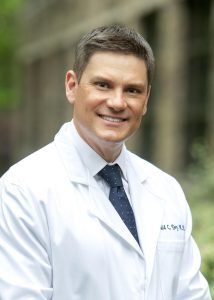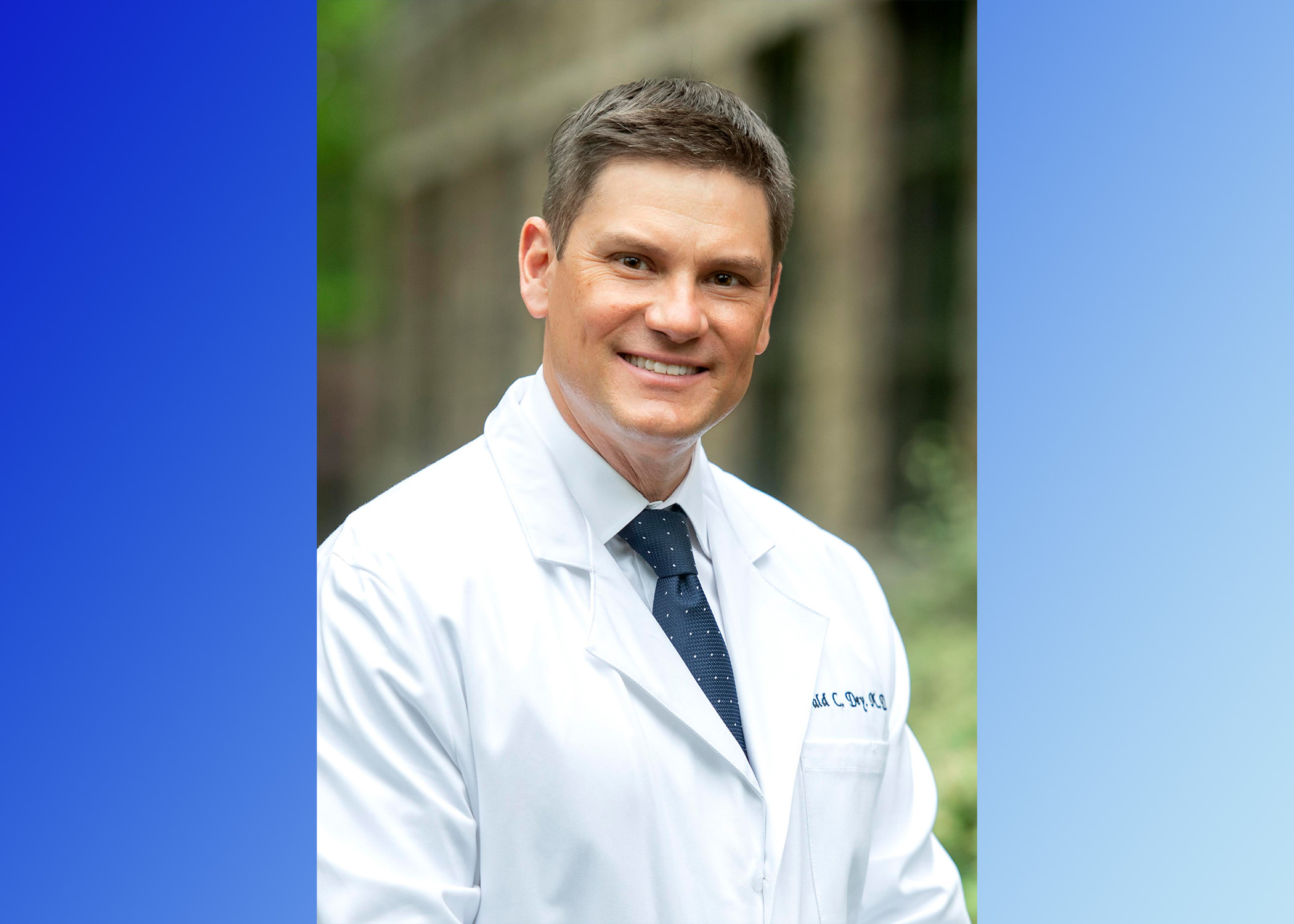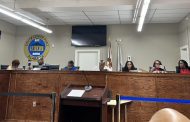By Crystal McGough, Associate Editor
TRUSSVILLE – March is the month of Daylight Savings Time, when as a nation we “spring forward” and collectively lose an hour of sleep. Coincidentally, March is also Sleep Awareness Month, which serves as a reminder for people to check their sleep habits and daytime sleepiness levels, and, if necessary, make an appointment with a sleep specialist to diagnose and treat potential sleep disorders.

Dr. Gerald C. Dey Jr., MD,
Pulmonary and Sleep Medicine Specialist with Eastern Pulmonary & Sleep PC, Ascension Medical Group
According to pulmonologist Dr. Gerald Dey, with Eastern Pulmonary & Sleep PC, recognizing Sleep Awareness Month in March is almost paradoxical.
“This is when we jump ahead with the clocks, which actually causes a lot of problems with sleep,” Dey said.
Daytime sleepiness seems to be a fact of life for many people, but Dr. Dey says it is a symptom that people should not ignore.
“If you’re getting adequate sleep time and you’re sleepy during the day – you fall asleep at inopportune times, you don’t have good focus – those are red flags to go see a sleep specialist,” he said. “If your sleep is fragmented and you can’t maintain continuous sleep, that is something to discuss with your doctor because there are various reasons for that.”
Why is daytime sleepiness such a big deal, though? Isn’t the word “tired” a common response to the question, “How are you?”
According to Dr. Dey, sleep problems can be directly linked to a wide range of other health issues.
“I can think of a sleep issue that encompasses almost every medical specialty,” he said. “It’s impactful in neurology; it’s impactful in rheumatology, cardiology, endocrinology. And it’s not just sleep apnea – we deal with a lot of issues with insomnia, periodic limb movements of sleep, restless leg syndrome, things like that. Narcolepsy and things related to narcolepsy; circadian rhythm disorders; there’s a phenomenon called Dance Sleep Phase Syndrome, and Delayed Sleep Phase Syndrome.”
The sleep disorder people seem to be most familiar with is sleep apnea, which is often associated with snoring and episodes where people stop breathing during sleep. However, Dr. Dey said sleep apnea often presents differently in women.
“In women, sleep apnea presents with insomnia – about a quarter of the cases of insomnia in women are actually related to sleep apnea,” he said. “And then, depression, fatigue, things that are not what you’d think prototypic for sleep apnea, that’s often the way it presents in women.”
Sleep apnea is far from the only sleep disorder, however, and CPAP machines are far from the only solution.
“As a sleep specialist, we deal with a whole myriad of different disorders and diagnoses,” Dey said. “There’s a whole host of different ways we can intervene that don’t necessarily require someone to have a sleep test.”
Dey said approximately 60% of the patients he sees need a sleep study, but other patients work on things such as sleep schedules, sleep duration, and light exposure.
“Light exposure is the biggest setter and adjuster of your circadian clock,” Dey said. “We have pathology based on inappropriate light exposure – being that people are staying up too late being on computers or devices – which can totally change your sleep schedule. It’s a cause of pathology, but it’s also a method of therapy.”
Furthermore, Dey said some people are predisposed to fall into either a “morning lark” or “night owl” phenotype, where their body’s natural instinct is to rise early or stay up late.
“There’s something in the way they handle light and the way their body’s schedule works where their predisposition is to go to bed later (or earlier) and get up later (or earlier),” he said. “We have to fit folks with these predispositions into the life schedule that our society has. A lot of times, that’s what causes the problems.”
Often, students who make poor grades or sleep through class, as well as adults who have trouble staying awake at work, may be considered lazy by society while in actuality they are suffering with a potentially severe sleep disorder.
Dey said that profound daytime sleepiness is actually one of the main indicators of narcolepsy.
“We see this societal perception of laziness equating to sleepiness. That’s something that is unfair, and I think it limits people from getting necessary help,” he said. “No one wants to not be able to stay awake and participate in school or their job or in their family life. By treating this disorder, it’s pretty remarkable how much you can improve a patient’s life by allowing them to stay awake and to be more interactive with their environment, their family, their workers, and their fellow students.”
Dey said it’s not uncommon to have 20–30-year-old patients come in who say they have struggled with daytime sleepiness since childhood, but rather than being taken to see a doctor, they were simply labeled lazy, or a bad student.
“I’ve seen this thousands of times,” he said. “I think we’re getting better as a medical community at understanding that there are these problems, and there’s a lot more people advocating for kids in school and young adults.”
In addition to the more obvious inconveniences of struggling to stay awake for work or school, sleep issues are directly tied to a number of health concerns, including mortality rates.
“People who get short sleep time have worse health outcomes and actually have increased mortality than people who get appropriate sleep time. So, it’s not something to ignore,” Dey said. “I think patients need to advocate for themselves. Sleep is an important thing and poor sleep has great impact on your overall health.”
Individuals who suspect they might have a sleep disorder can talk to their primary care doctor or directly contact a sleep specialist like Dr. Dey.
Dr. Dey currently practices at Eastern Pulmonary & Sleep PC, which is affiliated with Ascension St. Vincent’s East and located at 100 Pilot Medical Dr #100, Birmingham, AL 35235. His office number is (205) 854-8084.








